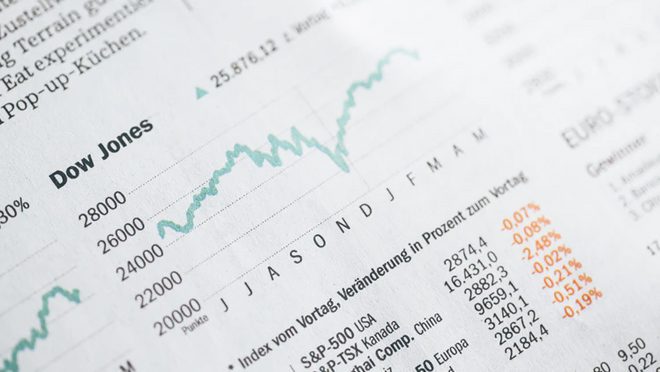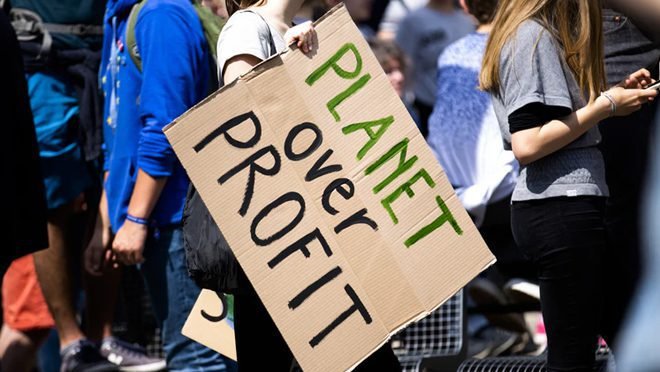A guide to social and political issues and how they impact businesses

Staying updated about Political and Social issues is paramount to successfully running your business. Politics can affect economic conditions, regulations, socio-cultural environments, and even technologies used in enterprises. On the other hand, social issues like global warming, gender equality, employment laws, social networking trends, and health awareness can affect the brand name of a business and customer choices.
Therefore, knowledge of political and social issues should be the first step towards sound business management. Following is a list of political and social issues and how they impact a business.
1. Politics and business economics:
One impact of political decisions are business tax. A government can choose to increase taxes for some companies while decreasing taxes for others. During elections, some political parties may campaign to reduce taxes for business owners while other parties may favor middle-class people over business owners.
A plethora of factors like Tariff, Bureaucracy Control, and Data Law impacts business decisions. When conducting business activities overseas (multinational), then business owners have no choice but to adhere to the policies made by the ruling party. To outrank competitors, their every action would be around a new set of framed policies dependent on their geographic location.

An example of this is the recent introduction of the Goods and Services Tax in India, which saw many small and medium businesses get adversely affected. For instance, GST has negatively impacted the real estate sector by adding almost 8% to the cost of newly constructed homes by raising taxes on raw material, which has led to a decrease in demand for new homes by nearly 12%.
Apart from taxes, politics can also affect the interest rates of the economy, which can change the borrowing power of companies. For the sake of your business, you should be aware of the political decision-making of the relevant government concerning economic policies.
2. Politics and regulations:
Politics drives the regulations and laws for businesses. Governments view businesses as essential vehicles of socio-economic change within the state or the country. To protect the public interest, governments pass legislation that impacts the way a business operates. Government laws and regulations affect the relationship between customer and company, employment policies, and define boundaries for suppliers.

Many times these stringent regulations can hinder business growth. E.g., Banning the import of certain products from overseas could cause trouble for a manufacturing unit as this product could be one of the raw material constituents like chemicals for manufacturing cement, adhesive, etc. Companies should be equipped with other alternate materials, which may prevent further losses and their brand image from getting tarnished.
Policy decisions can also have significant effects on the barriers to entry for international businesses looking to expand into markets, directly affecting foreign direct investments and, ultimately, the strength of the economy as a whole.
A business should be aware of the changes in the compliance laws, data protection laws, health and safety laws, discrimination laws, trade union laws, consumer protection laws, online selling laws and intellectual property rights laws. Politics can determine the minimum wage businesses are required to pay employees for employment in specific locations. Businesses may have to allocate more budget for healthcare policies for employees, depending on the regulation.
Completing a course in global business and politics can help in developing skills to navigate through the impact of political and social issues.
3. Politics and international business:
The politics of countries overseas is essential for companies carrying out international trade. A business operating in multiple states should be aware of any political changes that can affect the import-export restrictions on the quality and quantity of the product. Policies like Brexit, the UK departure from the EU, can impact the way trade happens for customers in the UK and in the EU. A lack of political stability in countries overseas can jeopardize the prospects of business in those countries.

When a company operates overseas, then they expect support from the government by them providing ease of business. But due to certain insurmountable circumstances, the government can withdraw its support or create policies to achieve specific objectives, such as encouraging imports/exports or protecting local businesses/communities.
For example, the Kenyan government banned the export of avocados because international demand drove the price too high for locals to afford readily-available food. Farmers suffered financially (as they had to sell locally at a very reduced rate), but the people prospered., which can cause a setback to the business.
Some examples include civil wars in Sri Lanka, Egypt, and Syria. When a government gets overthrown in a country, companies are subject to rioting, looting involving monetary loss and loss of life. When elections take place in other countries and when the political situation changes, dealing with consumers and suppliers in those countries can either become simpler or become more difficult.
4. Social issues related to environmental sustainability:
Today, a majority of businesses have to stand the test of the way they treat the earth. Sustainable growth is of high importance. Consumers are looking for brands that are environment-friendly. Businesses that cause pollution or add to the problems of global climate change do not last long. Even governments are imposing substantial financial penalties on companies that are not taking care of environmental and social issues seriously.
That is why climate issues are hampering petroleum companies, which add to pollution during the refining process and indirectly add to pollution when cars use their gasoline.

Even a minor change in environmental policies can significantly impact businesses. Companies are bound to spend a vast amount of money on waste disposal due to these stringent laws that can hover over any time. To avoid such a situation, tech giants like Apple are making their products 100% BPA free and recyclable. But the cost incurred to make such changes happen was substantial.
Businesses using toxic chemicals in their products, food manufacturers that use slash and burn agricultural practices, and factories that cause water pollution are all facing protests from society. Therefore, for your business growth, you should be aware of the latest trends in society related to the best environmental practices.
5. Social issues related to corporate social responsibility:
Almost all countries have now made it mandatory for large to medium size businesses to participate in corporate social responsibility (CSR). To run a successful business, you need to protect your company’s image by keeping society at the forefront of decision making.
Every nation has a unique set of CSR measures, and companies are liable to contribute to such responsibilities. In layman’s terms, it’s an art of giving back to society. Such CSR events help in creating an overall brand image that contributes to the longevity of the business. CSR events are like a social blueprint that leaves a positive impression in the minds of other companies and customers.
Businesses can also include their employees and suppliers in their CSR measures by providing them with adequate facilities that can improve their quality of life. Today, businesses are no longer praised for considering and positively contributing to environmental and social issues. They’re expected to.
Good social practices by companies include:
- Customer Education campaigns in emerging markets
- Disaster relief works
- Use of alternative renewable sources of energy for its business
- Charity events
Not having a good CSR policy in your industry can put you behind your competitors.
6. Work-life balance:
Due to political and social issues, the role of work has evolved everywhere. Work used to be a subject of survival and need, but it has changed. The structure of the workforce has grown. Work is now a matter of personal satisfaction. Work-life balance is a crucial point at the social and political level in business.

Political and social issues have impacted companies in increasing their engagement in personal, family, and work issues. Other than the work-life balance, perks like company care, free flights, flexible working hours, and a four-day week work culture started becoming common. These perks helped in motivating, retaining, and attracting an excellent workforce.
Conclusion:
Social and Political issues can impact a business immensely. Being a passionate entrepreneur or having a great product may not be enough. If you are not aware of the social and political environment around you, your business runs a risk of being a setback. Reading and learning about the latest trends will help keep your business up and running.

No comments